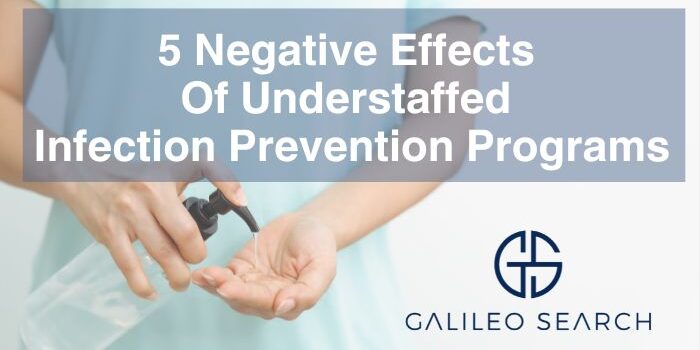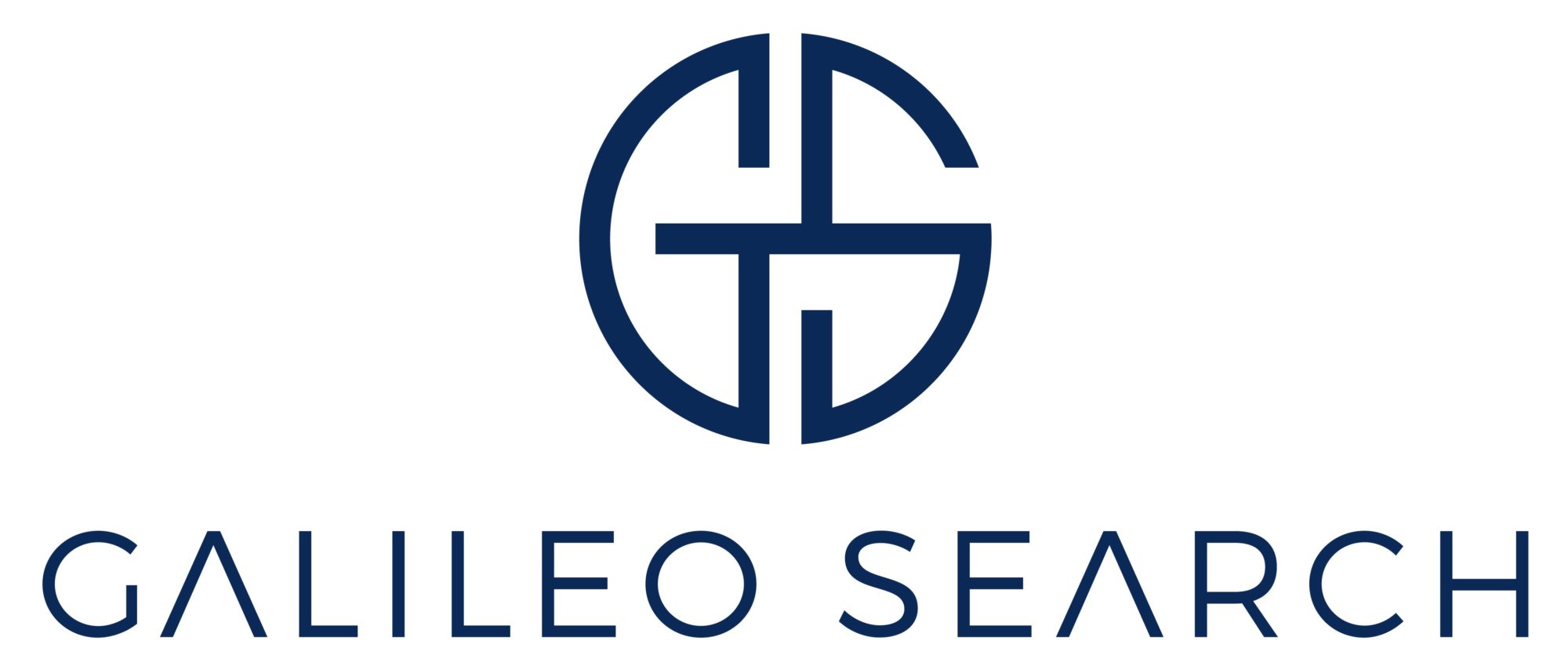The Galileo Compass: Navigating the World of Healthcare Staffing and Recruitment

The 5 Most Common Negative Effects of Understaffed Infection Prevention Programs
The COVID-19 pandemic has highlighted the importance of infection prevention in healthcare settings. However, many healthcare organizations struggle to maintain effective infection prevention programs, and one of the most common reasons for this is understaffing. In this blog post, we will discuss the five most common negative effects of an understaffed infection prevention program on patient care and accreditation surveys. We will also explain why healthcare organizations should use a healthcare staffing firm to engage healthcare consultants to improve and avoid the negative results of failed surveys on healthcare business and patient care.
- Increased Risk of Healthcare-Associated Infections
The primary objective of an infection prevention program is to prevent healthcare-associated infections (HAIs). HAIs can lead to serious health complications and even death, and they can also increase healthcare costs. An understaffed infection prevention program is more likely to miss opportunities to prevent HAIs, resulting in an increased risk of these infections among patients.
According to the Centers for Disease Control and Prevention (CDC), in 2015, there were an estimated 687,000 HAIs in U.S. acute care hospitals, resulting in approximately 72,000 deaths. The cost of these infections was estimated to be between $28 billion and $45 billion annually.
- Poor Compliance with Accreditation Standards
Accreditation surveys assess healthcare organizations’ compliance with established infection prevention standards. An understaffed infection prevention program may struggle to comply with these standards, resulting in a lower score on accreditation surveys. Poor survey scores can lead to lost revenue, decreased patient satisfaction, and damage to the healthcare organization’s reputation.
According to a survey conducted by the Accreditation Association for Ambulatory Health Care, infection control is the second most commonly cited area for deficiencies during accreditation surveys, after human resources. The survey found that 25% of healthcare organizations surveyed had deficiencies related to infection control.
- Increased Risk of Outbreaks
An understaffed infection prevention program is more likely to miss opportunities to identify and control outbreaks. This can lead to outbreaks of infectious diseases in healthcare facilities, which can be difficult to control and result in increased morbidity and mortality among patients.
According to a study published in the American Journal of Infection Control, an outbreak of Clostridium difficile in a long-term care facility resulted in 26 cases and 9 deaths. The outbreak was attributed to poor infection control practices and inadequate staffing levels.
- Decreased Staff Morale and Increased Turnover
An understaffed infection prevention program can lead to increased workloads and stress among staff members. This can result in decreased staff morale and increased turnover, which can further exacerbate the staffing shortage and lead to decreased quality of care.
According to a survey conducted by the American Nurses Association, 43% of nurses reported feeling burned out, and 37% reported feeling overwhelmed in their jobs. These feelings were linked to increased turnover rates and decreased quality of patient care.
- Financial Costs
An understaffed infection prevention program can result in increased healthcare costs due to the increased risk of HAIs and outbreaks. These costs can include additional medical treatment, longer hospital stays, and lost productivity among healthcare workers.
According to a study published in the Journal of Hospital Infection, the average cost of a single case of healthcare-associated infection in a hospital was estimated to be between $16,359 and $25,903, depending on the type of infection.
How Healthcare Staffing Firms Can Help
Engaging healthcare consultants through a healthcare staffing firm can help healthcare organizations address staffing shortages in their infection prevention programs. Healthcare staffing firms can provide experienced and knowledgeable infection prevention specialists who can help organizations improve their infection prevention programs, increase compliance
Does your program need some Interim Infection Prevention Program Support?
Contact Galileo Search today
